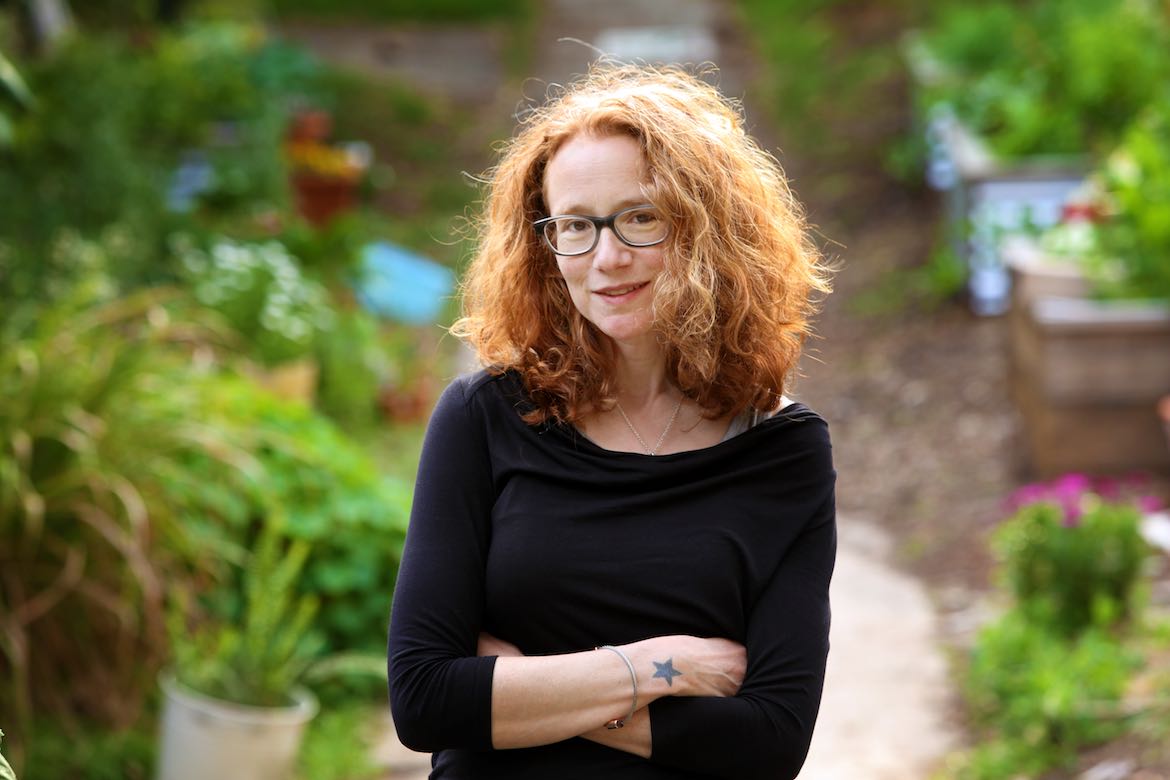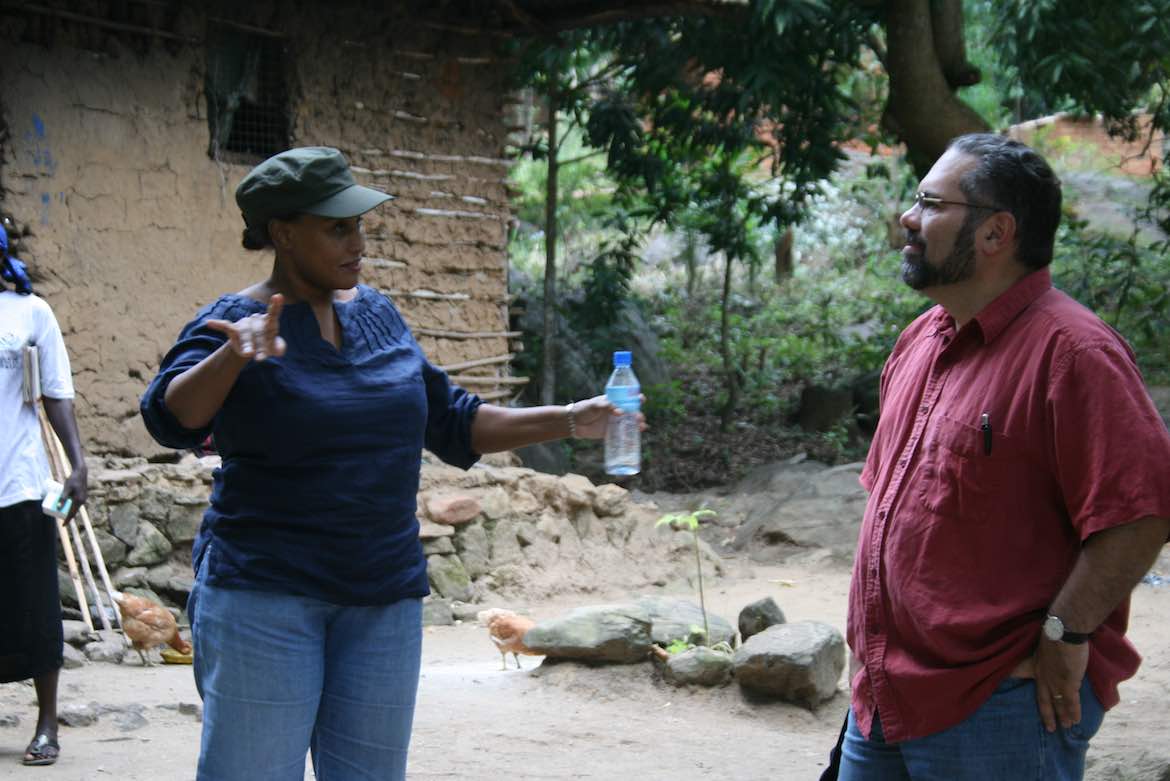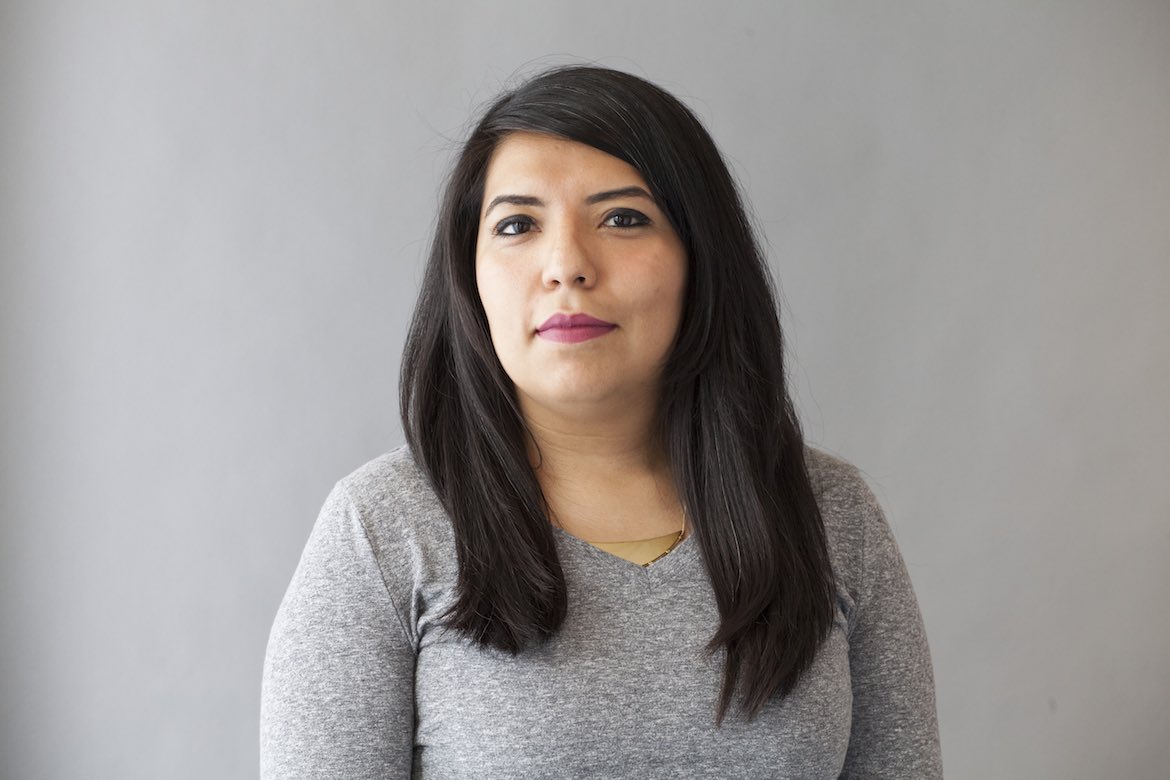The Future of Public Media
Fifty years after President Lyndon Johnson signed the Public Broadcasting Act into law, the American media landscape has transformed in ways that visionaries, pioneers and advocates for nationally funded “public telecommunications services” scarcely imagined. Yet their ideals for a system that takes “creative risks and that addresses the needs of unserved and underserved audiences” endure. In a special series reflecting on this milestone anniversary, essayists with insight into today’s public broadcasting system share ideas for carrying the legacy into the future.
Even as podcasting grows, medium can stay true to public broadcasting’s roots
"All of us cultivating the podcasting space can certainly do our part" to keep the Public Broadcasting Act's goals "active and audible," ...The pubmedia difference: addressing audiences as citizens
"Our very DNA — its code written in the words of the Public Broadcasting Act of 1967 — confirmed we were different."Pubmedia must open gates to makers who push boundaries
"The work of introducing new ideas often feels like a test that will be judged by a trusted few."After historic efforts to weaken pubmedia, ‘just be amazed that anything gets done’
The decentralized, financially dependent structure of public broadcasting is "a feature, not a bug."NYT CEO: Digital media alone won’t address public’s need for quality news
A former chief executive of the BBC argues that public-service broadcasting will only become more important as media continue to expand on ...As pubmedia enters ‘populist’ phase, public trust is system’s greatest asset
"The challenge for this period is fusing the strengths and public support of traditional public media with the energy and competencies of ...Gary Knell: Pubmedia’s commitment to local audiences must transcend lip service
As public media heads into its next 50 years, shifting strategies to focus on content "will require a hard turn and painful ...Laura Walker: Public media can be ‘a haven from divisive rhetoric’
"Public media is especially crucial now, both to seek objective truth and to envision a sustainable model for the future of local ...







